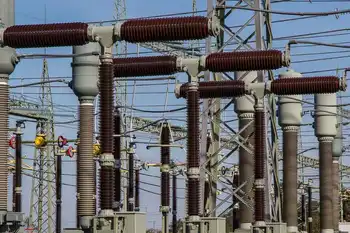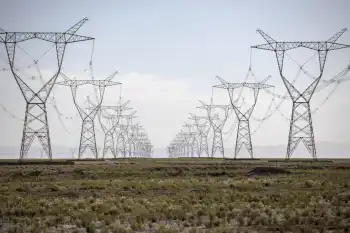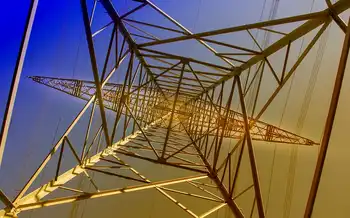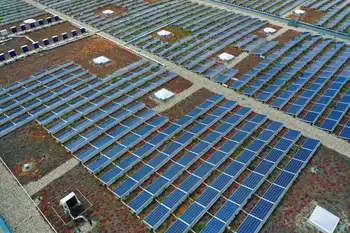B.C. undeterred by rising dam costs
By Globe and Mail
Protective Relay Training - Basic
Our customized live online or in‑person group training can be delivered to your staff at your location.

- Live Online
- 12 hours Instructor-led
- Group Training Available
Recent estimates put the cost of the 1,100-megawatt project at $7.9-billion. That is a $2-billion jump since the government announced with great fanfare last year it would proceed to an environmental review.
Five years ago, the project was forecast to cost a maximum of $3.2-billion.
Although the environmental assessment and community consultation has not begun, Energy Minister Rich Coleman vowed on the weekend that Site C will be built.
But Mr. Coleman is in the process of reviewing the Crown utility's finances to try to whittle down projected Hydro rate increases of 50 per cent over the next five years. He has already approved another major infrastructure upgrade, the Smart Meter program, leaving him with less flexibility to reduce the burden facing consumers in the coming years.
BC Hydro says the project is needed to meet the province's future energy needs. "It's a cost-effective project," said Susan Yurkovich, BC Hydro's executive vice-president for Site C.
The new figures were included in the redesigned plans just filed to launch the environmental review process.
In 2006, BC Hydro put the cost of Site C at between $2.3-billion and $3.2-billion. That did not include corporate overhead, inflation and interest costs during construction. At the time, the corporation warned: "This range of costs may not fully reflect the uncertainty that exists in the potential capital costs for the facility."
Ms. Yurkovich said the project now has a better handle on those capital costs, but the price has also climbed because the new design offers improved seismic, safety and environmental details. "It's a very robust cost estimate, one that hasn't been done for two decades," she said in an interview. "It includes everyone on the project."
She said the cost of producing energy at Site C, which will take seven years to build, will be between $87 and $95 per megawatt hour. The cost of buying electricity from independent power producers, according to Hydro, is $129 per megawatt hour.
John Horgan, the B.C. New Democratic Party energy critic, said the government should be taking a hard look at whether the project provides good value for the money. "The environment assessment process appears to be a sham," he said, since the Energy Minister has already given the project a green light.
Mr. Horgan called the project a "boondoggle" that will leave British Columbians owing billions through the publicly owned utility, "and we're still not sure we really need it."
Despite conservation efforts, BC Hydro has not been able to reduce household energy use. It predicts the province's electricity needs will rise by 40 per cent over the next two decades.
BC Hydro has branded the hydroelectric dam on the Peace River as a clean energy project, but environmentalists, farmers and natives have lined up in opposition. Tria Donaldson of the Wilderness Committee called the project destructive and unnecessary. "Site C is neither clean nor green power, and the cost to the taxpayer will be enormous," she said in a statement.
The construction industry, however, welcomed the latest redesign. Philip Hochstein, president of the Independent Contractors and Businesses Association, called the project "a billboard for B.C.'s confidence" that will generate 7,000 person-years of construction jobs.











